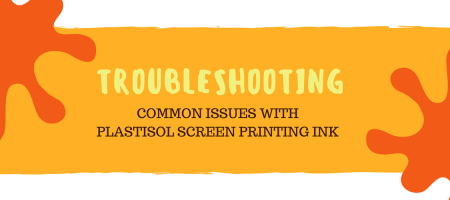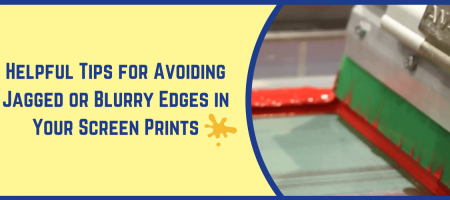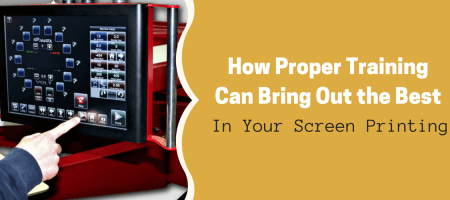

Revolutionizing the screen printing industry through cutting-edge technology and quality service
Anatol Equipment Manufacturing Co.
1429 S Shields Dr
Waukegan, IL 60085


Revolutionizing the screen printing industry through cutting-edge technology and quality service
Anatol Equipment Manufacturing Co.
1429 S Shields Dr
Waukegan, IL 60085

The screen printing business changes with the season. Different seasons bring different challenges and different demands from customers. To help you prepare you business for a successful summer, we’ve prepared our two-part Guide to Successful Summer Screen Printing. Our first blog in the series will focus on summer merchandising and marketing. If you’re not adjusting […]
Read more
When it comes to printing basic garments, most screen printers turn to 100-percent cotton substrates. More and more, however, customers are looking for alternatives. For that reason, cotton/polyester blends are becoming more common. These blended garments have plenty of advantages, but they also pose some of the same challenges that come with printing on fully […]
Read more
Plastisol is favored by screen printers for its ease of use. Nevertheless, there are some problems that can crop up when you’re screen printing with plastisol ink. Here is our list of the top 10 most common problems associated with plastisol screen printing and how to solve them. Problem 1: Prints that wash away If […]
Read more
Technology has made creating images to print on shirts, coffee mugs, tote bags and other sellable goods much easier. But with a world of ideas available with a quick Google search, technology opens the door to a higher likelihood of copyright infringement. You probably (hopefully) know that you can’t just print whatever you like without permission. Brand names and […]
Read more
Heat transfers provide a great alternative to a traditional print run in any screen printing shop. They allow printers to create smaller batches of customized apparel for customers, when it might be cost-prohibitive to fire up the screen printing press. A heat press and premade transfers also can be taken on the go to create […]
Read more
To achieve any measure of financial success as a screen printer, you have to put maximum effort into marketing your business. So you’ve got a user- and search engine-friendly website, active social media channels, a content marketing strategy and some local advertisements – but you’re still falling short when it comes to generating new leads. What else […]
Read more
These days, your screen print has to do more than look good; it has to feel good, too. With a few possible exceptions, such as athletic jerseys, consumers want a soft hand for their screen printed garments. With water-based inks or ink additives, that softer hand feel is easy to achieve when printing on a light garment. […]
Read more
Jagged, blurry or fuzzy edges on screen prints can render products unsellable. If the edges of your screen prints aren’t clear and crisp, there could be several issues at work. Here are some ways you can prevent rough edges on your screen prints. Sawtoothing: Eliminating jagged edges A common screen printing problem, when it comes […]
Read more
We’ve all seen typography fails: Ads or shirts whose lettering just doesn’t work. That could mean the spacing between letters makes the words hard to read, or easily misread; that the typeface and design don’t quite fit the message or branding; or that the design just looks “off.” While it’s easy to identify a typography […]
Read more
Are you equipping your employees to be the best at their jobs that they can be? Do they understand how their role fits into the overall operation of your screen printing business? If you’re not routinely implementing and refining a training program, the answer to those questions is likely no. It’s impossible to overstate how […]
Read more
Advertising and marketing are expensive and time consuming. Of course, they’re necessary for helping your business to grow and flourish. But what if there was a way for you to advertise your screen printing business for little to no cost, and with more success? In fact, there is! When searching for new vendors or service […]
Read more
For decades, wholesale garments were mostly a one-size-fits all proposition, with garments cut to fit men, and women left wearing baggy, oversized and ill-fitting garments. That changed, and for years, women’s garments were smaller (and often extremely fitted) versions of men’s garments. Now, garment decorators have a host of women’s styles to choose from — […]
Read moreYour message was successfully sent!